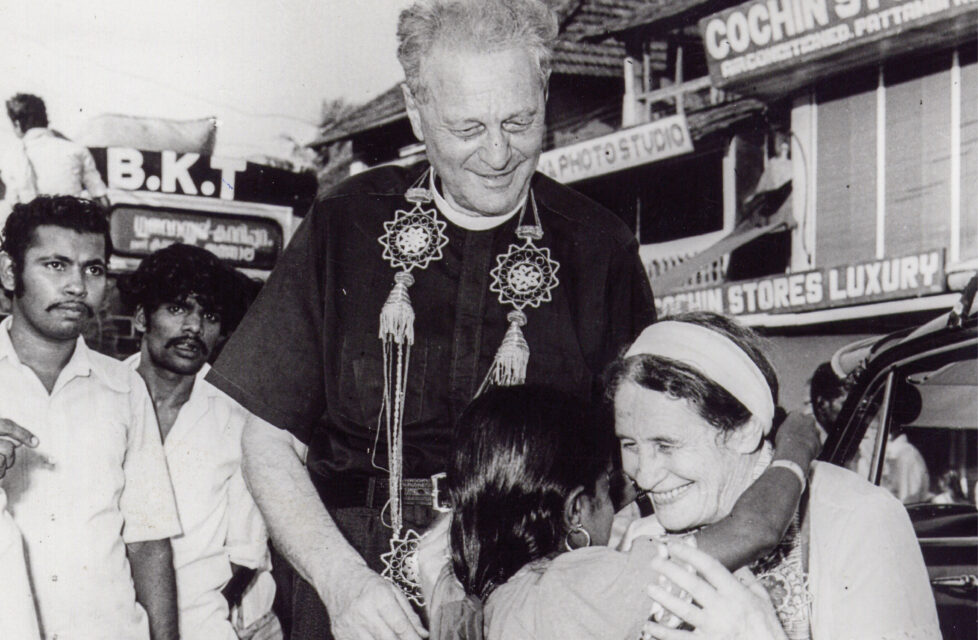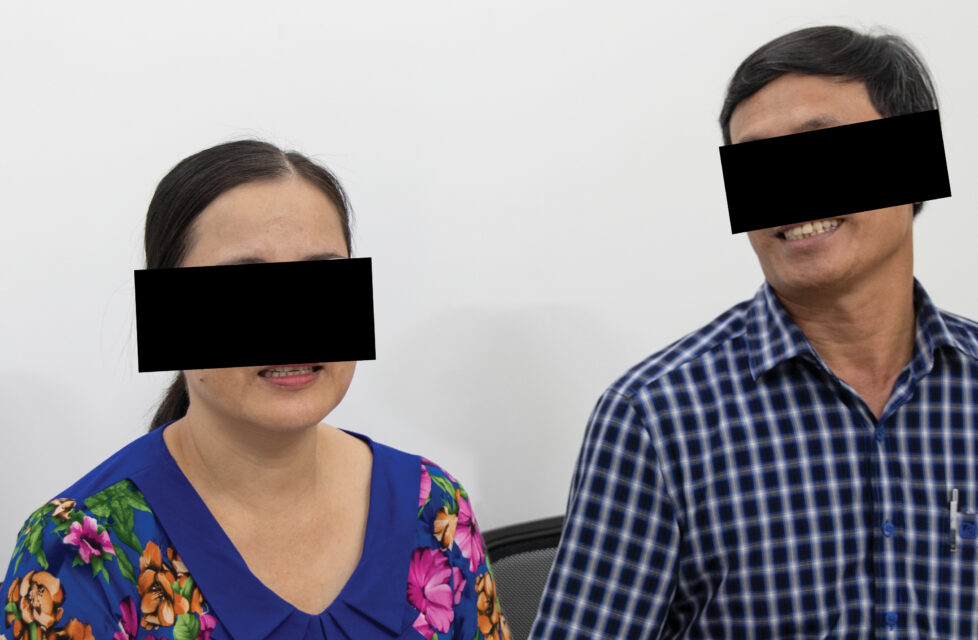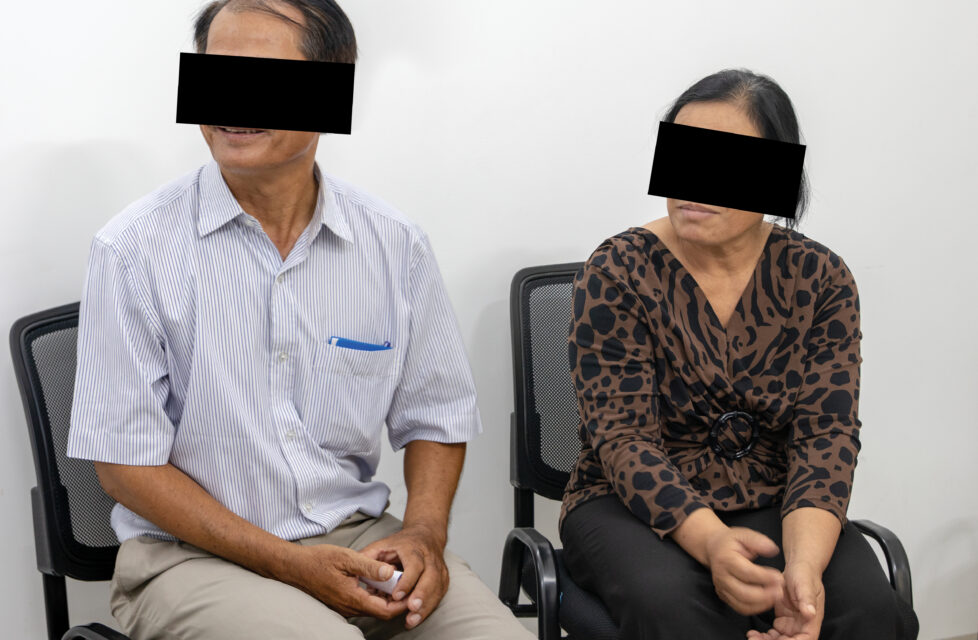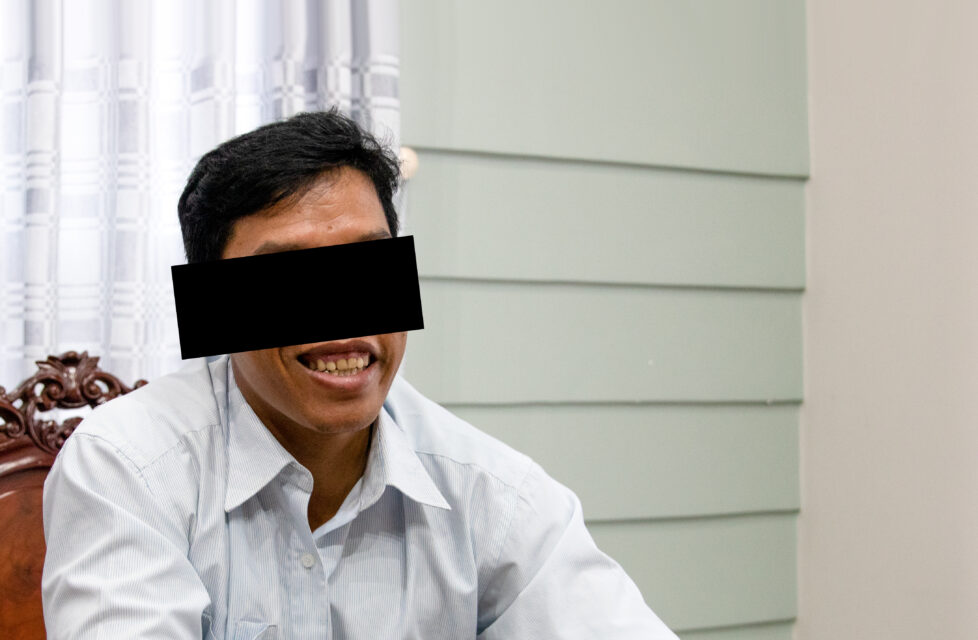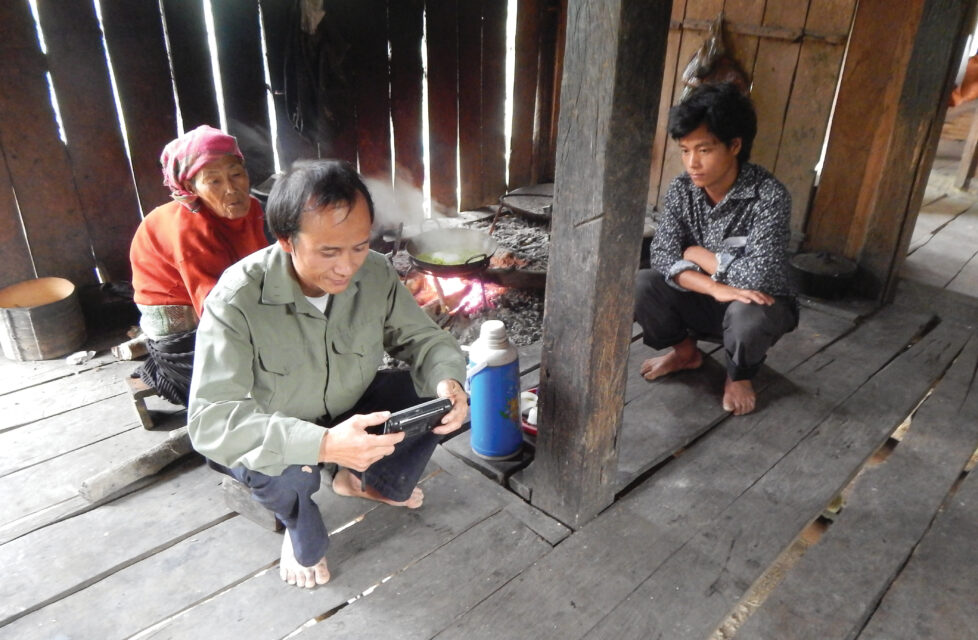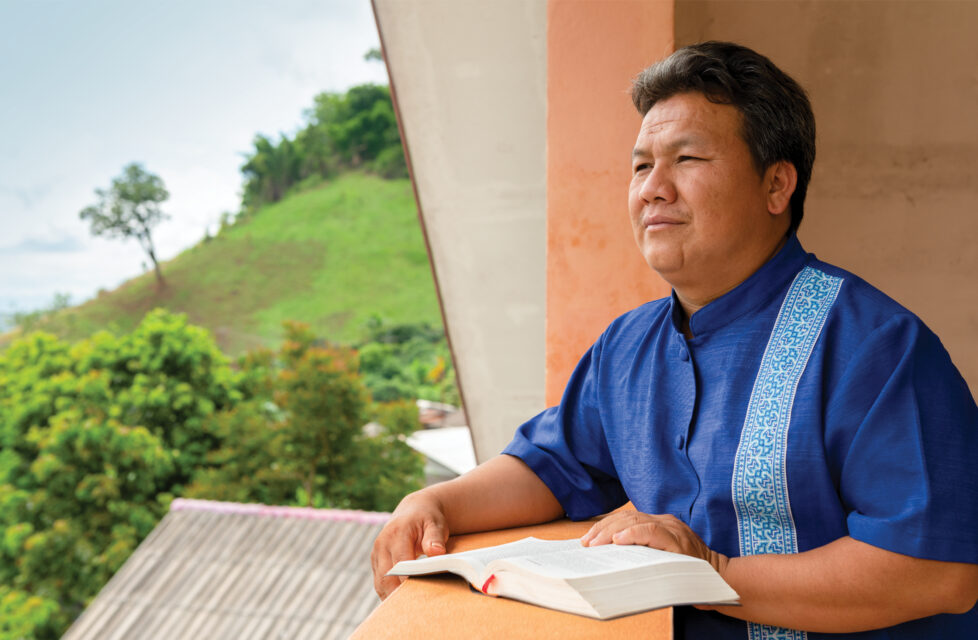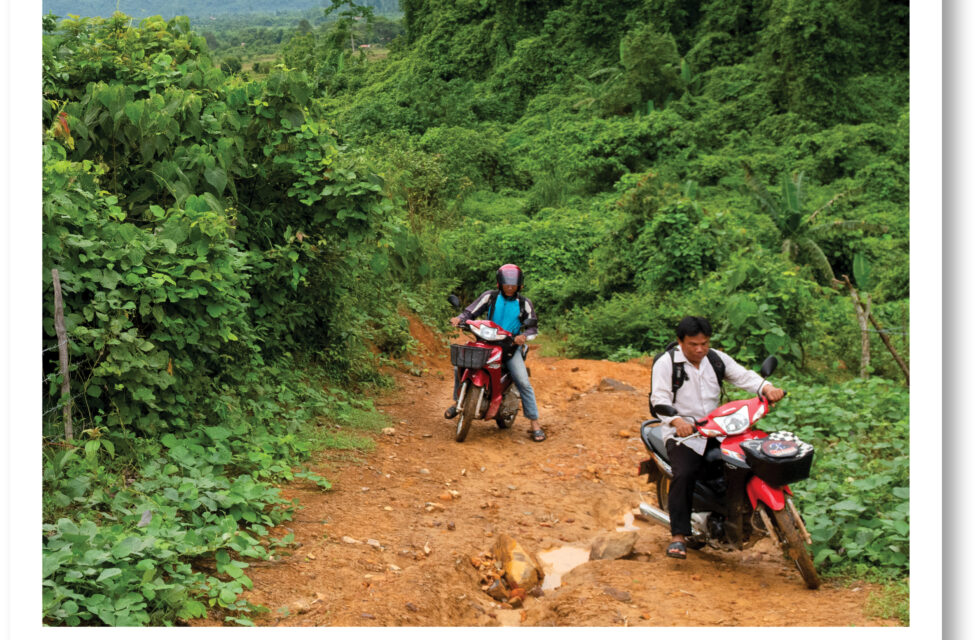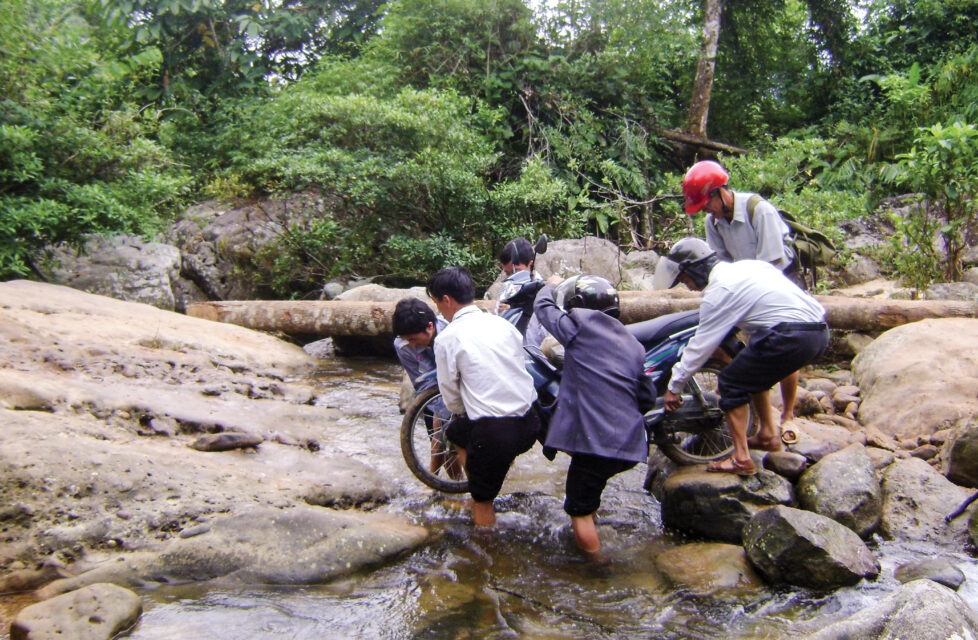Richard Wurmbrand had a comfortable life as a pastor in Communist Romania. He had a salary that supported his family and a congregation that loved and trusted him. But as he watched other Christians suffer for their faith while a tyrannical dictatorship destroyed everything around them, Richard was not at peace. Why, he wondered, had God spared him from persecution and trial? Desiring to answer Christ’s call to take up his cross and follow him, Richard and his wife, Sabina, began to pray that God would give them a cross to bear. And on Feb. 29, 1948, their prayers were answered. As Richard walked to church that winter morning in Bucharest, members of the secret police abducted him, taking away not only the comfortable life he had known but also his identity. “From now on,” they told him, “you are Vasile Georgescu,” labeling him with a generic Romanian name to conceal his true identity. He disappeared without a trace, and Sabina had no information beyond the outrageous rumors she had heard: One said he had been taken to Russia, while another claimed he had died under interrogation. Though overwhelmed with worry from not knowing where Richard was or if he
Read MoreAccording to Bao and Chi’s schedule, they anticipate a big harvest soon in Vietnam. Since 2000, the two have traveled the central region of the country sharing the gospel among tribal groups that practice a mix of ancestor worship and Buddhism. And two years ago, despite repeated arrests and other forms of harassment from police, they decided to enter the ministry full-time. The married couple now train and disciple Christians from 10 tribes, visiting each tribe for two to three days at a time. “The work of God is increasing, and there are more tribes to work with,” Bao said. Those from tribal groups are generally viewed as second-class citizens in Vietnam, and even Christian workers rarely reach out to them. Most evangelical work in the country is focused on those living in larger cities. Bao, Chi and their two children moved to a village among the H’re people in 2004, farming, raising livestock and building relationships. They soon expanded their outreach to other tribes, requiring them to travel the muddy, mountainous roads by motorbike to reach remote villages. As they meet with Christians from each tribe, usually in groups of 20 people or more, they spend the first two
Read MoreAlmost no one was in favor of Mai marrying Pastor Giang. Her family, who are communists, strongly opposed the marriage, as did local Communist Party officials and friends at the school where she worked. “My older brother is a policeman in the city and in a very high position in the province,” Mai explained, “and my two younger brothers are also policemen. They [forbade] me from marrying him.” But Mai chose to marry Pastor Giang against the wishes of family and friends, and she soon paid a price for it. When the Vietnamese government learned that she had married a pastor and later confirmed that she had also become a Christian, they fired her from her position as vice principal of the school. At first Mai worried about being unemployed, but Giang, who had himself experienced trouble finding jobs in the past, read her verses of Scripture and assured her of God’s provision. Soon Mai found a new purpose — serving the Lord alongside her husband. With Mai’s background in education and Giang’s experience in ministry, they began teaching children in their village how to write and speak Vietnamese. The children, who ranged in age from 6 to 17, were
Read MoreEmmanuel resented his father’s ministry work in Vietnam and the repeated imprisonments it caused. But as he saw God working through him, his own work began to mirror his father’s commitment. Emmanuel has many painful childhood memories. He will never forget the fear he felt every time Vietnamese authorities arrested his father while preaching at a Sunday service or while teaching believers from various tribes at their home. He would sometimes cling to his father’s leg, trying to prevent the police from taking his daddy. And he still remembers the loneliness and abandonment he felt while his father was imprisoned. Emmanuel resented his father’s work, and it didn’t end when his father was out of prison. The resentment resurfaced every time his father was unable to attend a special school event because of his ministry work. Emmanuel often climbed to the top of a coconut tree to cry and vent his frustration toward his father and God in private. Then, at age 11, Emmanuel’s bitterness reached a new level as his father began to serve what became three years in prison. “I got angry with my father,” Emmanuel said. “Sometimes I didn’t even want to visit my father in prison.”
Read MoreAt 9 a.m. the beatings started again. Police officers dragged the two bruised evangelists out of the police station and into the village square, where a large crowd had gathered for the privilege of beating these “propagators of lies and rebellion.” As more than 100 people stepped forward to strike the evangelists, the two men remained silent. “Dog men!” jeered the watching crowd. The beating lasted for three hours. Boldly Sharing the Faith Hy and Tan are from northern Vietnam. The two men became believers in 1996 after hearing VOM-sponsored Christian radio programing by the Far East Broadcasting Company (FEBC). The new Christians dedicated themselves to sharing the gospel with the tribal people in their area, most of whom have animist beliefs. This area is difficult for new believers and evangelists. Believers face imprisonment at the hands of communist government officials and harassment from village leaders. Despite the obstacles, Hy and Tan regularly shared their faith. Within just two years, everyone in their village had become Christians. The two evangelists led a regular church service and continued to minister in new areas. Beaten for Evangelism One day, while leaving a village where they had been working, Hy and Tan were
Read MoreThe Fugitive Pastor in Vietnam After leading his Hmong congregation in prayer one Sunday morning in the fall of 2002, Pastor Foom Chao opened his eyes to the alarming sight of several Vietnamese police officers waiting to arrest him. Foom had been detained more than 10 times for bringing Bibles to the Hmong people in the jungles of Vietnam, but authorities had never before interrupted a church service to arrest him. As the officers handcuffed Foom and led him away, they told him this would be the last time. “We will never let you be free anymore,” the arresting officer said. Foom realized he might never see his wife and three children again, and he considered the possibility that the authorities might even kill him. So as the officers escorted the handcuffed pastor across a stony path in the middle of a river, he suddenly turned and ran toward nearby mountains. The police officers chased Foom into the jungle but lost him in the thick green foliage. As the sun began to set, Foom hid quietly on the mountain and prayed to God. “The Bible says You help the one whom You love,” he prayed. “Please, if You want to
Read MoreEvery weekend, Linh and her husband travel five hours by motorcycle to take the gospel to a village Linh once feared. The village, known as a “Communist hero village,” was home to a number of soldiers who died fighting against the United States in the Vietnam War. The villagers take great pride in the fallen heroes from their community and deeply treasure their communist way of life. Many of the villagers lived there during the war and remember those who died. In a country where most of the population practices ancestor worship, the veneration of those who fought and died for communism is considered a sacred duty. The fallen heroes are viewed by some to be guardian spirits of the village, and their memory is invoked to promote nationalism and communist pride. Initially, Linh’s husband didn’t want her to work in the village; he was afraid she would be arrested. Over time, however, he felt compelled to support her, and he continues to pray for her success. Although he travels to the village with her each time, he stays with the motorbike as Linh shares the gospel. Not just anyone can enter the Communist hero village Linh visits. She gained
Read More“No, you cannot tell others about Christianity!” the teacher scolded. “You cannot do this because Christianity is an American religion and a very bad religion.” The high school teacher’s harsh words neither surprised nor discouraged young Hanh. Ever since seeing how the gospel had changed his alcoholic father, he had wanted to follow Christ and tell others about Him. But being a Christian and sharing your faith in communist Vietnam are not without consequence. Sharing Christ is illegal, and Hanh knew it. Those who evangelize are harshly reprimanded. Some have been fined or kicked out of school, while others have been beaten, imprisoned and expelled from their villages. Hanh is one of several dozen young Vietnamese Christians completing a Bible study on the life of Christ. The group first began meeting two days a week to go through the six-book series, but their hunger to learn was so great that they decided to meet nightly. After being confronted by his angry high school teacher, Hanh prayerfully considered his response. “I will stop following Christ if you can explain one thing for me,” he said. “Why does the cow eat grass, which is green, but when it creates milk it is
Read More
